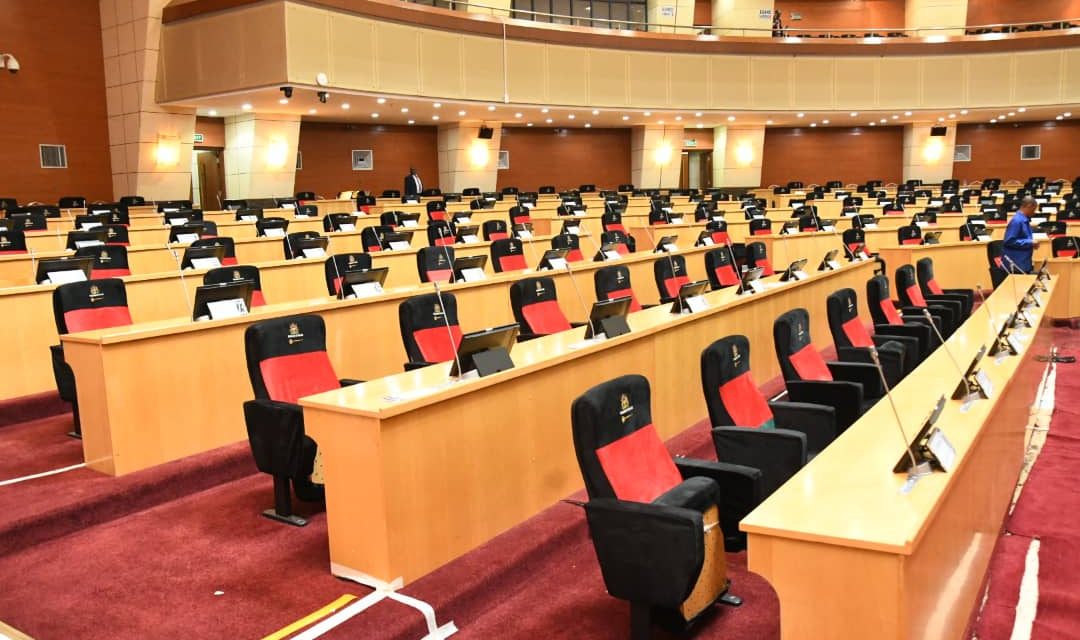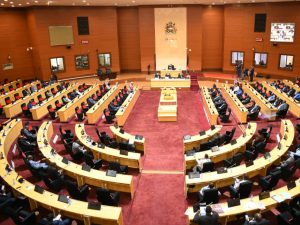
Silence in the Chamber: The Consequences of Mute MPs

By Osman Bwanali
A recent proposal by Honourable Victor Musowa, a Member of Parliament for Mulanje Bale, has sparked considerable interest among Malawians. He suggested that MPs who do not contribute to debates for three years should be removed from office. Musowa pointed out that some MPs remain silent throughout their five-year term, despite claiming to represent their constituents, which hampers development and undermines democracy.
In the esteemed halls of Parliament, where words shape power and influence, silence can be profoundly detrimental. MPs who do not engage in discussions face significant consequences that impact the health of our democracy. Let’s explore the repercussions for silent MPs.
The first consequence of an MP’s silence is often a loss of political influence. In an environment where debate and discussion drive policymaking, remaining silent can lead to marginalization within one’s own party. MPs who do not engage in discussions risk being viewed as disinterested or ineffective, which can result in missing out on important committee roles or leadership opportunities. This lack of engagement not only affects their standing within their party but also makes other MPs hesitant to collaborate with them, isolating them further from the legislative process. Over time, this severely limits their ability to influence legislation and party strategy, effectively rendering them powerless within the corridors of power.
The impact of silence extends beyond Parliament. Constituents expect their representatives to advocate for their needs and concerns. When an MP is silent, constituents may feel neglected, leading to dissatisfaction and disillusionment. People want to see their MPs actively fighting for them, and failure to do so risks losing their trust. This erosion of trust can have dire consequences in the next election cycle, where silent MPs may be replaced by challengers who promise to be more vocal and engaged.
Parliament serves as a platform for advocacy, debate, and government accountability. By remaining silent, MPs miss crucial opportunities to influence policy, challenge the executive, and represent their constituents. Silence also hampers an MP’s ability to build essential networks in Parliament. Collaborative relationships are often formed through debate, and without participation, an MP misses the chance to work with colleagues on important issues.
Perhaps, the most concerning aspect of an MP’s silence is its effect on democracy. A vibrant parliamentary system depends on active participation from all members to ensure robust representation. When MPs choose not to speak, they weaken the foundation of this system. Parliament should be a forum for diverse voices and vigorous debate; silence undermines the democratic process and diminishes the effectiveness of Parliament as a whole.
Lastly, silence in Parliament is more than a missed opportunity; it poses risks to both individual political careers and the integrity of democratic governance. For MPs, the message is clear: in the chambers of Parliament, silence is anything but golden.


































